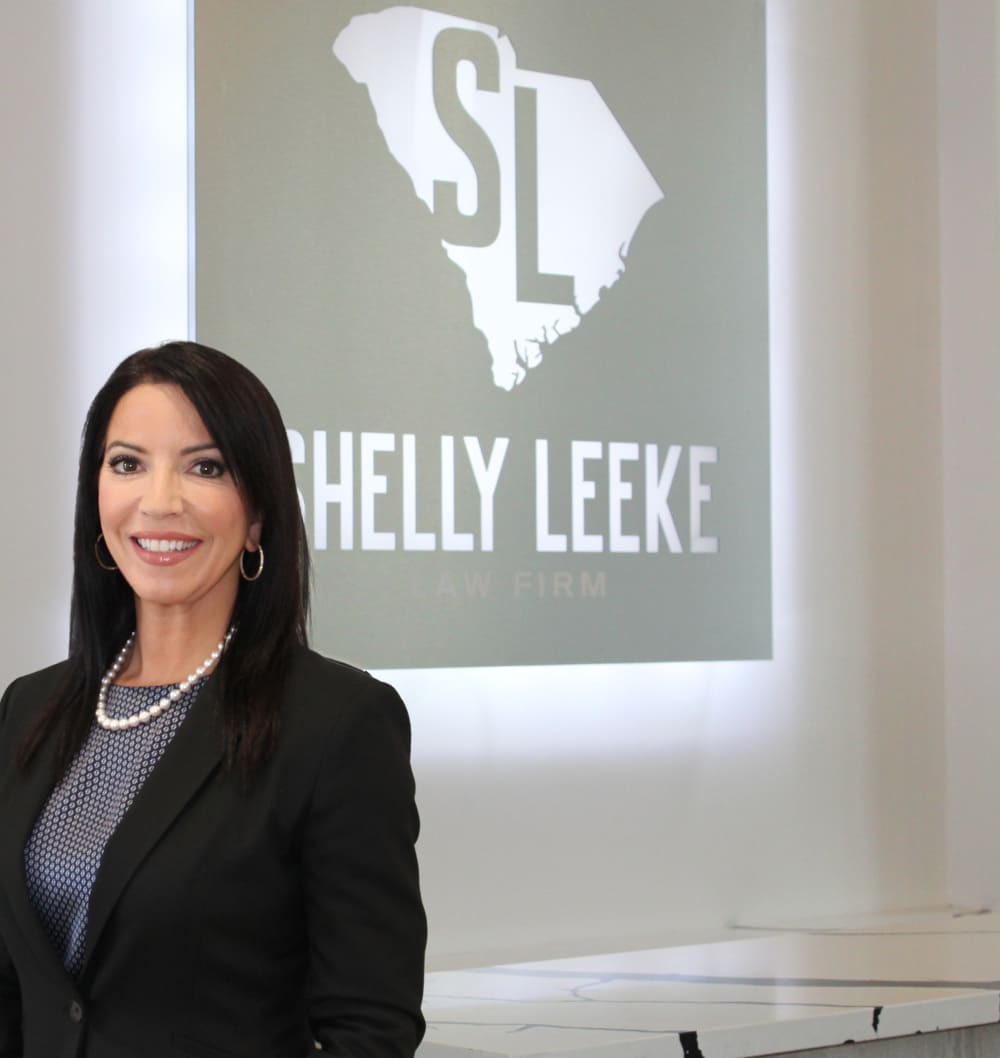
Shelly Leeke Law Firm, LLC, congratulates Coastal Carolina University junior Cambrie Haynes on her concise and motivating assessment of drunk driving in collegiate communities. Haynes submitted an essay on drunk driving to the firm’s “2023 Shelly Leeke Law Scholarship” for a chance to receive $2,500 in financial aid ahead of her junior year.
The scholarship selection committee applauds the critical thinking displayed in Haynes’ essay and hopes that future applicants will follow Haynes’ example when outlining their own work.
The Collegiate Drinking Problem
Today’s colleges are more than hotbeds of new thought and invention. College students pursue degrees and transition into full adulthood at the same time. That pursuit of adulthood isn’t always straightforward, nor is the path to it lined with good decisions. The freedom that comes with going off to college can often lead students to experiment with control and life choices.
That freedom often sees students push the boundaries of “acceptable” drinking. Students who, for the first time, don’t have to worry about their parents looking over their shoulders can find themselves taking one more drink than they should at local parties, bars, or even in the comfort of their apartments.
Does this mean that colleges across the United States should ban alcohol? Not necessarily. Rather, colleges and the institutions around them should better prepare for the experimentation that comes with new students’ sudden bout of freedom.

Firsthand Framework
Haynes elaborates on possible solutions to students’ tendency to overdrink in her scholarship essay. Her introduction emphasizes the various excuses students use to not only excuse excess drinking but to validate their choice to get behind the wheel of a car while drunk.
Students who can’t gauge their level of drunkenness or think they’re invincible can do irreparable harm to others. “As a college student,” Haynes says, “I have witnessed the effects that alcohol [has] brought upon my college community…I have received the call, I have experienced the fear, and I have seen horrific accidents.”
The candid framework does a considerable amount of work in Hayne’s essay. It reveals to the reader that Haynes’ thoughts on curbing intoxicated driving come from firsthand experience with the devastation DUI accidents can wreak. It also highlights, with pathos, that every student who gets behind the wheel drunk has someone at home worried sick about losing them.
Highlighting DUI Solutions
Haynes takes a three-point approach to the DUI problem on her own campus as well as campuses across the country. First, she highlights the benefits of university-operated transportation programs. Coastal Carolina University has a “Teal Mobile,” Haynes says. Students can call Teal Mobile via an app to request a ride home for free.
She goes on to say that students who’d prefer not to use the Teal Mobile can take advantage of the rideshare services that have risen in popularity over the years. There are risks, of course, when students get into a stranger’s car while intoxicated, but Haynes argues that the risks that come with drunk driving outweigh stranger danger.
Last but not least, Haynes recommends that students intent on going out and overindulging have a plan in place to help them get home. This could mean electing a designated driver before hitting the bars. It could mean setting up check-ins with friends or family. It could even mean leaving the party’s car keys back in the dorms.

Helping the Next Generation Stay Ahead of DUI Accidents
Pre-emptive, protective preparation paired with easily available transportation solutions can considerably curb the dangers of a night out. That’s why Haynes takes great care to preach these lessons to incoming freshmen at Coastal Carolina University. She works as a peer leader with the Student Success Center, making her a first-line resource for the school’s new students.
Haynes emphasizes that, no matter what, freshmen and other students will make their own choices in life. She hopes, however, that her intervention as a leader ensures that students have access to the resources that can keep them out of harm’s way.

Getting to Know Cambrie Haynes
Cambrie Haynes currently attends Coastal Carolina University as a junior pursuing a public health major. She plans to graduate with a Bachelor of Science in Public Health in May 2025.
Upon graduating, Haynes hopes to translate her leadership experience and education into a career as a physician assistant. She takes pride in helping her university’s Pre-Health Professions Club reach out to new students. She also works with the university’s Coastal Student Success Center, which puts her on the front line of freshmen management.
Haynes also has experience volunteering for the South Carolina Public Health Preparedness Corps Program and the Lowcountry Food Bank.
About Shelly Leeke Law Firm, LLC’s “Reducing Drunk Driving in Our Communities” Scholarship

Students must compose essays between 500 and 1,000 words going into detail about their proposed DUI solutions. The firm encourages students to draw from personal experience with DUIs, if appropriate.
Students must meet the scholarship’s other criteria to qualify for this financial support. Interested parties can visit the scholarship’s terms and conditions page for more information about next year’s submission process.
Apply for the 24/25 “Reducing Drunk Driving in Our Communities” Scholarship Today
The team with Shelly Leeke Law Firm, LLC once again congratulates Cambrie Haynes on her astute assessment of today’s drunk driving accidents. We hope that Haynes’ community will benefit from her insights as she continues her education.
Future scholarship applicants can follow Haynes’ example and apply for the “Reducing Drunk Driving in Our Communities” scholarship ahead of the 2024/2025 academic year.








